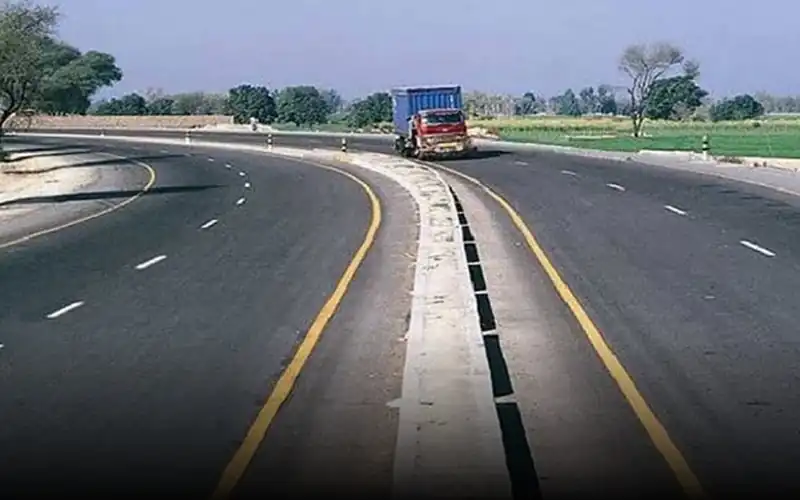Sindh Information Minister Sharjeel Inam Memon criticized the federal government for allocating just “token money” to the Hyderabad-Sukkur Motorway in the Federal Budget 2025-26.
Calling the Hyderabad-Sukkur Motorway a national-level project, he said it’s not only for Sindh but vital for all of Pakistan as the country’s import and export pass through Karachi Port.
Memon said the Sindh Chief Minister had repeatedly written letters and sent reminders to the federal government, stressing the project’s urgent importance for national trade and infrastructure.
He added that federal ministers recently assured the Sindh government that funds would be allocated but only Rs 15 billion was set aside – insufficient for any real progress.
The project, he stressed, is a federal responsibility, urging that such critical infrastructure cannot move forward with symbolic amounts that are merely meant for political optics.
He said projects of this scale require 30 to 40 percent of their total cost upfront to ensure timely completion, but the current budget reflects a lack of seriousness.
Sharjeel Memon also raised concerns over the K-IV water project, saying both projects were underfunded despite being essential for Karachi’s development and Pakistan’s economic stability.
He said the Pakistan People’s Party (PPP) will review the entire federal budget in detail, as the current allocations show disregard for Sindh’s needs and national economic priorities.
The PPP had earlier submitted formal budget proposals to the Prime Minister, Memon stated. He stressed that unnecessary federal spending should be reduced immediately.
He criticized the government’s fiscal planning, pointing out that revenue targets were missed last year and the FBR failed to meet expectations, worsening the financial imbalance.
If income isn’t rising, Memon said, then cutting expenditure is the only way to prevent the country’s financial system from collapsing under pressure from rising costs.
He concluded that smart management of government expenses and fair provincial allocations are crucial. Otherwise, he warned, the country’s fiscal policy may become unsustainable.











